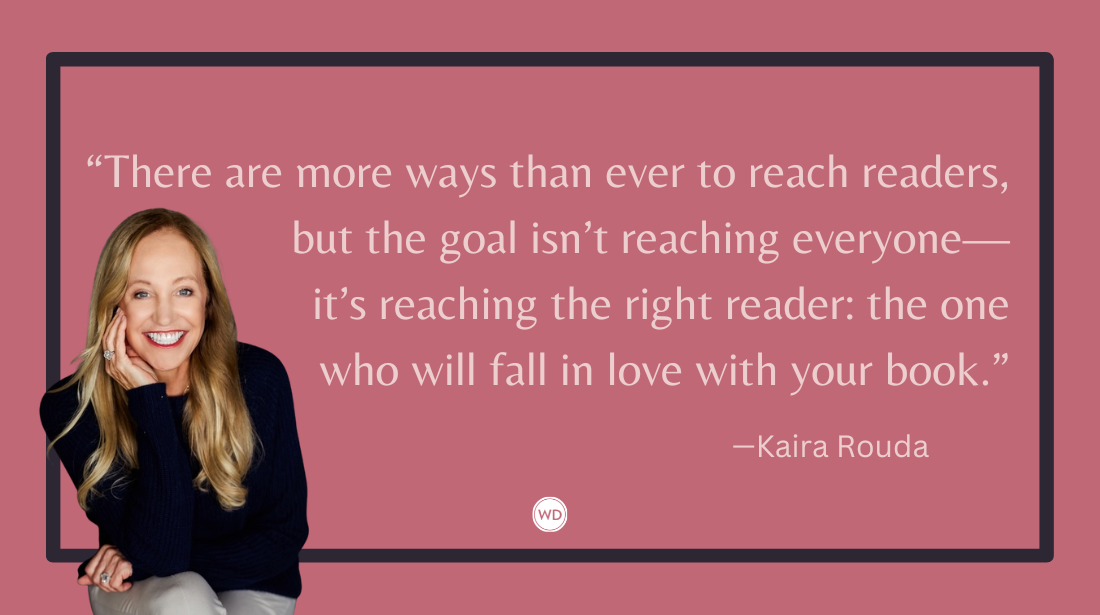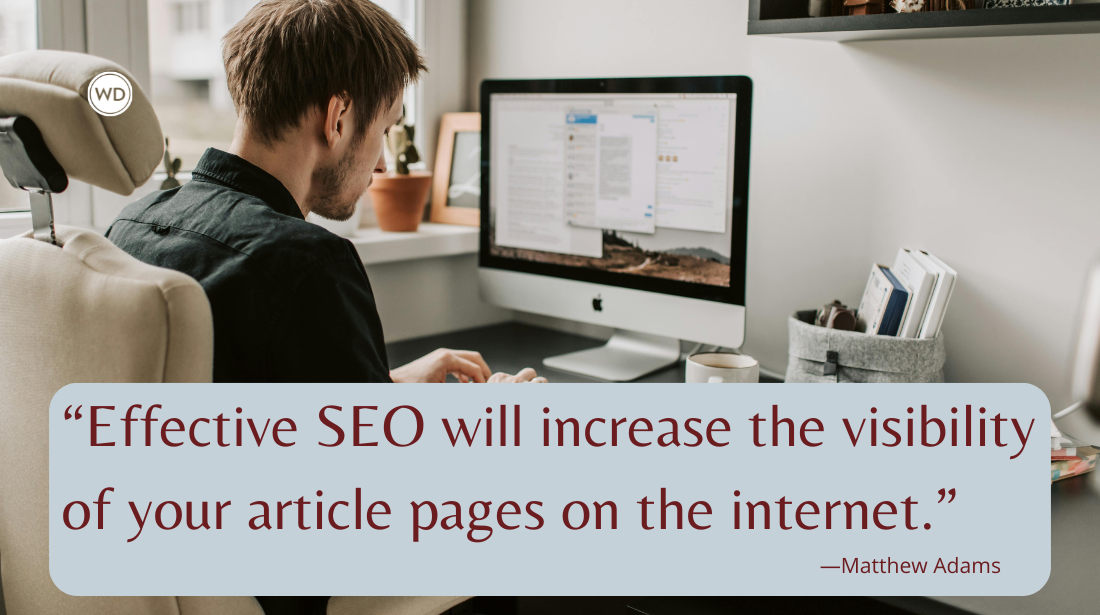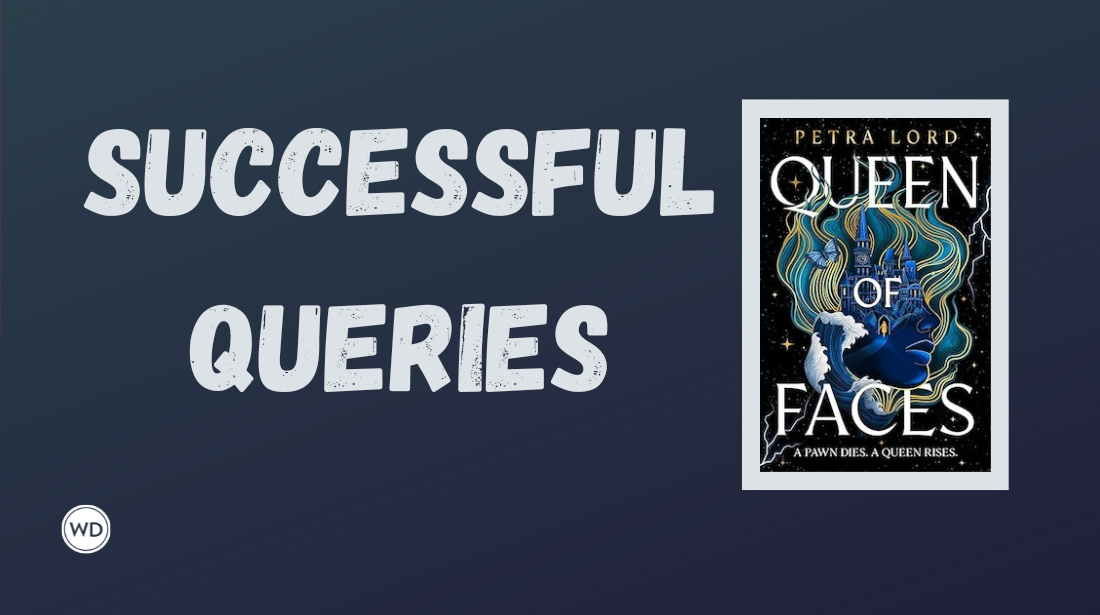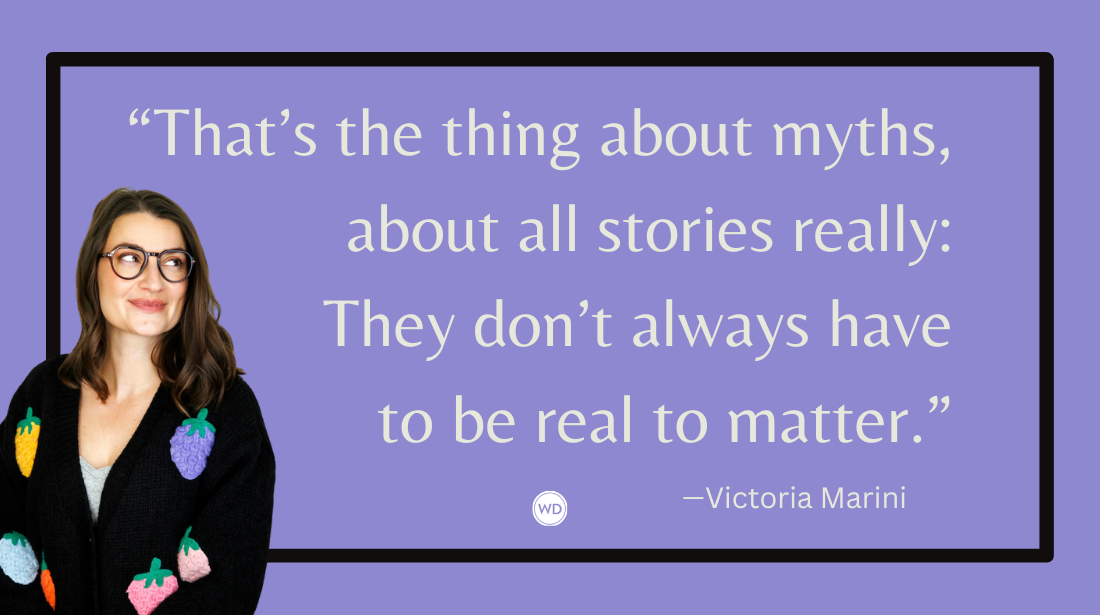The Pros and Cons of Publishing With a Small Publisher
BY ROBERT LEE BREWER So what are the pros and cons of publishing with a small press, and what should you expect if you decide to give it a go?
As the editor of Writer’s Market, I’m often quizzed by writers about which is the better option: self-publishing, or getting an agent and trying to land a deal with a big book publisher.
While many professionals seem to acknowledge only these two paths to publication as well, there’s a third route that should not be overlooked: the small press. There’s a whole field of reputable publishers outside of New York’s “Big Five” that can offer the support of the traditional publishing model on a smaller scale—and most accept unagented submissions.
So what are the pros and cons of publishing with a small press, and what should you expect if you decide to give it a go?
—By Robert Lee Brewer
The Submissions Process
There are some crucial differences in what small press editors look for in a submission, in contrast to the “Big Five.” When I speak with writers at conferences, they often voice frustration over the importance of writing commercially marketable stories in today’s publishing environment—and the lack of true risk-taking in the business. That’s what they hear emphasized by editors at big houses, because those professionals have aggressive sales goals. Small presses obviously have sales goals, too, but they’re typically more willing to take risks on projects they believe have artistic merit.
Jen Michalski, who in 2013 published a novel, a novella and a short-story collection with three different small presses (Black Lawrence Press, Dzanc Books and Aqueous Books, respectively), says, “The most important draw about these presses was their willingness to publish work that was risky, a difficult read, and therefore inherently commercially unsuccessful.”
Part of this mindset is formed by how small presses view publishing and sales. “With a small press, there is no 90-day window to make your book a bestseller,” Press 53 Publisher Kevin Morgan Watson says. “We continue to market and support our books and authors years after the book is released. It’s a marathon, not a sprint.”
Michalski says she didn’t even discuss sales targets with the publisher of her novella. “Dzanc really loved what I was trying to do, and we never talked about whether or how it was going to sell, only that they were going to publish it,” she says. “Because that’s what they do—they publish challenging, boundary-pushing fiction. And they’ve achieved a formidable reputation by sticking to their principles.”
If you think a small press might be a good fit for your work, what should you know about vetting your options? Whether the books are made available as print, digital or both (formats and contract terms vary widely, which may give you room to negotiate), authors earn their money primarily through royalties—roughly 10 percent on print sales and up to 25 percent per digital purchase. On average, advances tend to be small—$1,000–2,000 is a common range—or even nonexistent. (At a larger publisher, you’d likely receive a bigger check upon signing—but remember that all advances are paid against royalties, meaning you aren’t paid royalties until you “earn out” your advance. At a small press, you’d likely receive less payment up front, but earn royalties sooner.)
Of course, how many copies you can expect to sell will depend on the nature of your book, as well as the distribution and marketing support the press can offer. Don’t hesitate to ask lots of questions along these lines, as well as what the expected print run would be, before you sign a contract—especially if you’re doing so without agent representation.
Many small presses solicit manuscripts through a mix of open submission periods and book contests. I secured a contract for my poetry collection, Solving the World’s Problems, by submitting directly to Press 53 during its open submission period. But like many other small publishers, Press 53 also offers book contests that award a lump sum and other prizes (in Press 53’s case, a $1,000 advance and a launch party). Keep in mind that such contests are very competitive, and most require reading fees between $10 and $30 per entry. When deciding which are worth the investment, consider giving preference to those that offer all entrants a premium, such as a copy of the winning book, so you get something for your entry fee, even if it’s not publication.
The Publishing Process
When asked about the top advantage small presses offer to authors, Erika Goldman, publisher and editorial director of Bellevue Literary Press, says, “Tender, loving care.”
Small press authors can expect to receive a lot of attention from the editor, designer and even owner. That can translate into a more re-warding writer-editor relationship, as well as more involvement with the publicity department.
“We take the time to make sustaining connections for authors in the world of literature, scheduling author tours and creating a thoughtful list of prizes to nominate their work,” says Megan Bowden, director of operations and outreach for Sarabande Books.
In my case, I discussed distribution and marketing ideas directly with the owner of Press 53. I spent time on the phone with my editor during the day, in the evening, and even on weekends. And I had input on my book’s cover, even being able to give a thumbs-up or thumbs-down on the suggested design. This type of artistic involvement is not available to most authors at larger houses—but in the small press world, my own experience was not an anomaly.
“I work directly on each book, designing it along with the author to produce something that a reader will want to purchase, as well as an object that best fits how the author wants their writings to be displayed,” says Geoffrey Gatza, founder, editor and publisher of BlazeVOX [books].
Of course, while book design and editorial input are important consi-derations for any author, that doesn’t mean you should expect complete creative control. (Otherwise, why not self-publish?)
“We try to do what’s best for the book in the end,” Bowden says. “We want to hear the desires of the author, but we’ve also been publishing books for almost 20 years and hope that when an author agrees to publish their work with us, they trust that we’re going to work hard and do all that we can to create a smart, bold cover that works with the overall theme of the book, edit the work to the best of our ability without compromising well-executed poetry or prose, all the while understanding the retail side of the publishing world enough to know how a book should look and feel to the reader.”
Career Building
Small presses offer unknown and emerging authors a place to get a foothold in their pursuit of success by publishing those early works upon which a career is built.
“The advantage of being a published author is what most of us want, and a small press can do that tremendously well,” Gatza says. “A small press is the stepping-stone to bigger and better things, and not an end for a book—it is a wondrous beginning.”
Unlike with self-publishing, this beginning is endorsed by an objective gatekeeper who believes in your work enough to invest time and energy in the project—and pay you for the effort.
Of course, small press authors are expected to do their part.
“We expect our authors to be ac-tively publishing nationally and promoting through local and regional events and activities,” Watson says. “You can’t sit back and wait for readers to find you. Creativity does not end with writing the book.”
Thanks for visiting The Writer's Dig blog. For more great writing advice, click here.
*********************************************************************************************************************************
Brian A. Klems is the online editor of Writer's Digest and author of the popular gift bookOh Boy, You're Having a Girl: A Dad's Survival Guide to Raising Daughters.
Follow Brian on Twitter: @BrianKlems
Sign up for Brian's free Writer's Digest eNewsletter: WD Newsletter









